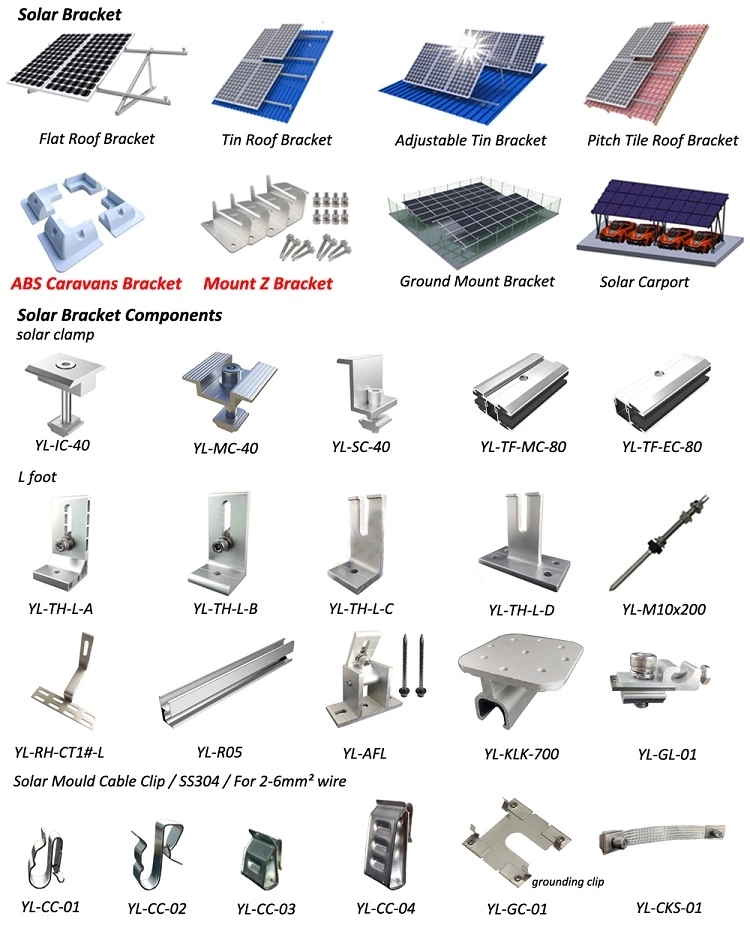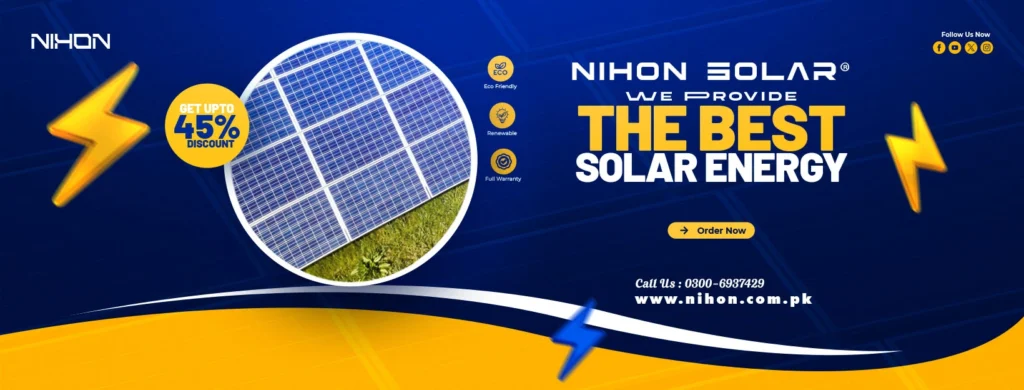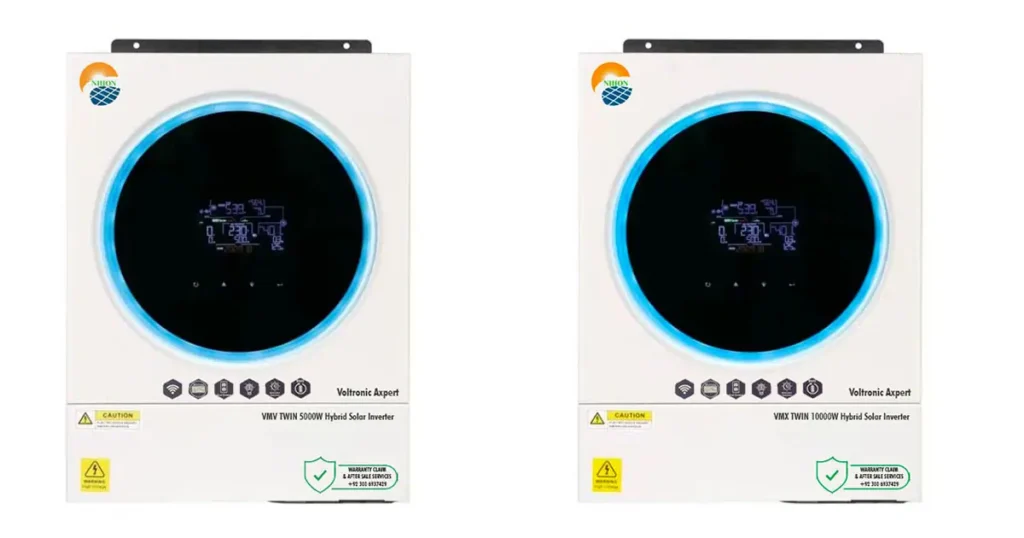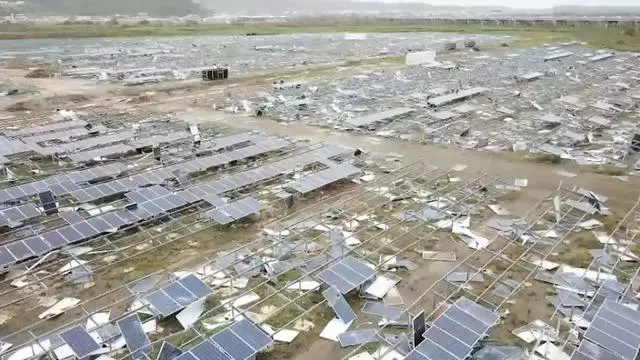How to Start a Solar Panel Business in Pakistan: A Comprehensive Guide
As Pakistan moves toward renewable energy to address power shortages and reduce its reliance on fossil fuels, the solar energy industry is gaining significant momentum. With government support and increasing awareness of sustainable energy, starting a solar panel business in Pakistan is a timely and potentially lucrative venture. This comprehensive guide will walk you through the steps required to start a solar panel business in Pakistan, including sourcing from Chinese dealers, licensing, market potential, and other essential factors. Here we will discuss how to start a solar panel business in Pakistan.

Why Solar Energy?
Pakistan faces chronic energy shortages, and with an increasing population, the demand for electricity is on the rise. Solar energy offers a reliable and clean solution to these issues. The government’s National Electric Power Regulatory Authority (NEPRA) supports solar projects, with various incentives and subsidies available. Additionally, the cost of solar panels has decreased significantly, making it a cost-effective alternative to conventional energy sources. The environmental benefits, such as reducing carbon emissions, add further appeal to solar energy solutions.
Step-by-Step Guide to Starting a Solar Panel Business in Pakistan
1. Market Research
Before starting your solar panel business, conduct thorough market research to understand the demand, customer demographics, and competition. Some key aspects to consider are:
- Target Customers: These may include residential homes, commercial businesses, educational institutions, industrial units, and agricultural sectors.
- Current Trends: Understand the current trends in the solar market, including popular products like solar inverters, batteries, and mounting systems. Evaluate the market size and potential growth.
- Government Incentives: Be aware of any subsidies, tax incentives, or grants available for solar projects under Pakistan’s renewable energy policies.
2. Business Plan
Developing a detailed business plan is crucial. It will not only guide you through the business setup process but will also help secure financing. Your business plan should include:
- Mission Statement: What is the primary goal of your business? For instance, providing cost-effective and sustainable solar solutions in Pakistan.
- Target Market: Identify your potential customers and specify your business focus—whether you plan to cater to residential, commercial, or industrial sectors.
- Product Offering: Will you offer just solar panels, or will you also sell inverters, batteries, and installation services? Consider a full solution that includes maintenance packages.
- Financial Plan: Estimate startup costs, pricing strategies, profit margins, and financial projections for the next 3–5 years.
- Marketing Plan: Detail how you will promote your business, focusing on both online and offline channels.
3. Licensing and Legal Requirements
To operate a solar business in Pakistan, you will need to meet certain legal requirements:
- Company Registration: Register your company with the Securities and Exchange Commission of Pakistan (SECP). You can set it up as a sole proprietorship, partnership, or private limited company.
- NEPRA Licensing: If you plan to sell or generate electricity through solar solutions, you may need a license from NEPRA. They regulate electricity production, distribution, and sales in Pakistan.
- Import License: If you’re sourcing solar panels and components from China or other countries, you will require an import license from the Pakistan Customs Department.
- Tax Compliance: Register your business with the Federal Board of Revenue (FBR) to ensure compliance with tax regulations. Additionally, investigate potential tax exemptions for solar products as per government policies.
4. Sourcing Solar Panels and Components from China
China is one of the largest manufacturers of solar panels and related components. Sourcing directly from Chinese suppliers can give you access to affordable and high-quality products. Follow these steps to establish a reliable supply chain:
- Identify Key Manufacturers: Some well-known Chinese solar panel manufacturers include:
- Trina Solar: Known for high-quality panels with a focus on energy efficiency.
- JA Solar: Offers a wide range of photovoltaic products that are highly efficient.
- Jinko Solar: One of the largest solar panel manufacturers globally, providing panels with a high efficiency rate.
- LONGi Solar: Specializes in monocrystalline solar modules with high performance.
You can find these suppliers through platforms like Alibaba, Made-in-China.com, and Global Sources.
- Attend Trade Shows: Participating in renewable energy trade shows in Pakistan Karachi Expo Lahore expo and China, such as the SNEC PV Power Expo in Shanghai, is a great way to meet manufacturers and negotiate deals.
- Visit Suppliers: If possible, visit factories in China to inspect products and negotiate contracts directly. This will help ensure product quality and establish a trustworthy relationship with suppliers.
- Importing Process:
- Work with freight forwarders to arrange the shipment of your solar panels and components.
- Ensure you comply with Pakistani customs regulations and pay any applicable duties and taxes.
- Keep track of evolving trade policies between Pakistan and China to take advantage of favorable trade agreements.
5. Investment and Financing Options
Starting a solar business requires a significant investment, especially when importing from China. Here are some options to finance your startup:
- Personal Savings: Many entrepreneurs use their savings for initial capital investment.
- Bank Loans: Several banks in Pakistan, including Habib Bank Limited (HBL) and Meezan Bank, offer business loans and financing for solar projects.
- Government Schemes: Explore government-backed loan programs and subsidies for renewable energy projects.
- Venture Capital/Angel Investors: Seek out investors who are interested in sustainable and green energy solutions.
- Partnerships: Forming partnerships with established solar companies in China or Pakistan can help reduce startup costs.
6. Setting Up a Team
Running a solar panel business requires skilled employees with expertise in different areas:
- Engineers and Technicians: You’ll need professionals who can design solar power systems, install solar panels, and provide maintenance services.
- Sales Team: A dedicated sales team will help you secure contracts with residential, commercial, and industrial clients.
- Customer Support: Offering excellent customer support ensures long-term relationships with clients and builds your company’s reputation.
- Logistics and Operations: Your team should include logistics managers to handle importing, warehousing, and transportation.
7. Marketing and Promotion
Effective marketing is essential to attract customers. Here are some strategies to consider:
- Digital Marketing: Use social media platforms like Facebook, Instagram, and LinkedIn to promote your products and services. Paid advertisements on Google and social media can also drive traffic to your website.
- Website Development: Develop a user-friendly website that provides detailed information about your products, services, and contact information. Offer an online consultation or quote tool to generate leads.
- Workshops and Seminars: Organize educational events to inform potential customers about the benefits of solar energy and government incentives.
- Partner with Real Estate Developers: Collaborate with property developers to offer solar energy solutions for new residential or commercial projects.
8. Customer Education and Support
Since solar energy is still a developing field in Pakistan, educating customers is crucial. Offer free consultations, product demonstrations, and customer service support. Highlight the long-term savings on electricity bills, the environmental benefits, and the available government incentives. Customer education will build trust and increase adoption rates.
9. Installation and Maintenance Services
A successful solar panel business goes beyond sales. Offering installation and maintenance services can create a steady revenue stream. Ensure your technicians are well-trained and follow international safety and quality standards during installation. You may also consider offering service contracts for regular maintenance and repairs, enhancing customer satisfaction and ensuring long-term relationships.
10. Scaling Your Business
As your business grows, consider scaling up by expanding into new markets. You could explore entering rural areas of Pakistan, where electricity shortages are more severe, or offering innovative solar solutions such as off-grid solar systems or solar water pumps for agricultural use.
Additionally, expanding your product range to include solar batteries, inverters, and other renewable energy products will help diversify your offerings and increase profitability.
Conclusion
Starting a solar panel business in Pakistan is a promising venture, given the country’s growing demand for sustainable energy solutions and government support for renewable energy. By conducting thorough market research, building partnerships with reliable suppliers in China, and focusing on customer education, you can establish a successful business. Additionally, offering comprehensive services—from product sales to installation and maintenance—will help you stand out in a competitive market.
With the right strategy, financial planning, and commitment, you can make a significant impact on Pakistan’s renewable energy landscape while running a profitable business.




Great post! Very informative and well-explained. Thanks for sharing these valuable insights!
Looking for reliable and up-to-date information on solar panels in Pakistan? Visit SolarPanelInfo for expert insights, price comparisons, installation guides, and the latest trends in solar energy. Whether you’re planning to switch to solar power for your home or business, we provide everything you need to make an informed decision. Explore our website today and take a step towards a greener, more cost-effective future! 🌞🔋
Such a beauty full post, I love this post thanks for sharing this wonderful post.